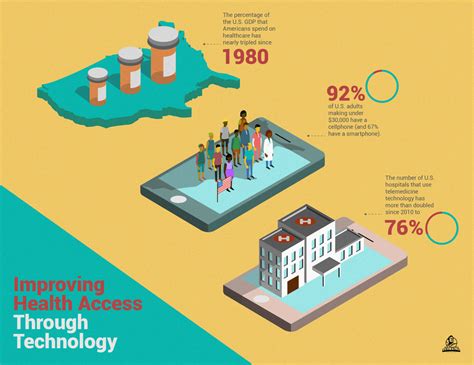The world of cross-border payments is undergoing a transformation, driven by the burgeoning market opportunities in Africa. Let’s dive into this exciting landscape and explore the key trends shaping the future of international transactions.
Unlocking Market Potential
E-commerce and digital marketplaces are at the forefront of sectors with immense growth potential in cross-border payments. Platforms like AliExpress, Shein, and Temu have made shopping internationally more accessible. As more people seek global deals, these platforms play a vital role in simplifying cross-border transactions for buyers across Africa and beyond.
Redefining Work Dynamics
Freelancing and remote work have reshaped how companies hire talent globally. African professionals are now part of talent pools that US and European firms tap into, fueling the need for efficient cross-border payroll systems. This shift highlights the increasing demand for seamless payment solutions that transcend geographical boundaries.
The Booming Travel Sector
Travel and tourism are experiencing a resurgence, with tourists seeking hassle-free payment options that work seamlessly across borders. As travel becomes more accessible, the need for convenient and secure cross-border payment methods continues to grow. This trend underscores the importance of adaptable financial services in catering to diverse traveler needs.
Empowering SMEs
Small and medium-sized enterprises (SMEs) worldwide rely on cost-effective solutions for international transactions. In regions like Africa where remittance fees can be exorbitant, businesses look to innovative platforms to facilitate affordable cross-border payments. By addressing high transaction costs, companies can better support SMEs in their global trade endeavors.
Expert Insight:
According to industry experts, addressing regulatory bottlenecks and collaborating with governments are crucial steps towards reducing remittance fees in Africa. By leveraging technologies like blockchain-based assets and forging strategic partnerships, companies can offer competitive rates while ensuring efficient fund transfers for users.
Tapping into Underbanked Markets
Underbanked populations present a significant opportunity for inclusive cross-border payment solutions, particularly in emerging economies like those found in Africa. Tailored services designed for small-scale transactions using local currencies can help bridge financial gaps and foster greater participation in the global economy among underserved communities.
Expert Insight:
Experts emphasize the importance of educating underbanked populations on digital financial services alongside offering practical solutions. By providing accessible features such as dynamic currency conversion and real-time exchange rates via SMS or offline modes, providers can enhance financial inclusion efforts in low-tech environments.
Building Infrastructure for Seamless Transactions
A robust domestic payment infrastructure forms the backbone of successful cross-border payments. Domestic systems that enable instant local transfers play a vital role in connecting businesses to global markets efficiently. Companies like Paystack and Flutterwave showcase how optimized domestic rails can empower local merchants to engage with international customers effectively.
Expert Insight:
Industry leaders stress the significance of strong partnerships when expanding cross-border networks across diverse markets with varying regulations and currencies.
By collaborating with local entities possessing regional expertise, companies can navigate complex landscapes while driving innovation within the cross-border payments sector.
In conclusion:
As technology continues to advance and consumer preferences evolve rapidly,
the dynamics of cross-border payments will witness further transformations.
By embracing innovation,
fostering strategic collaborations,
and prioritizing inclusivity,
the future holds promising opportunities
to revolutionize how individuals
and businesses conduct international transactions,
creating a more interconnected global economic landscape than ever before.

